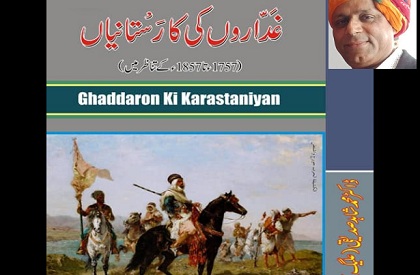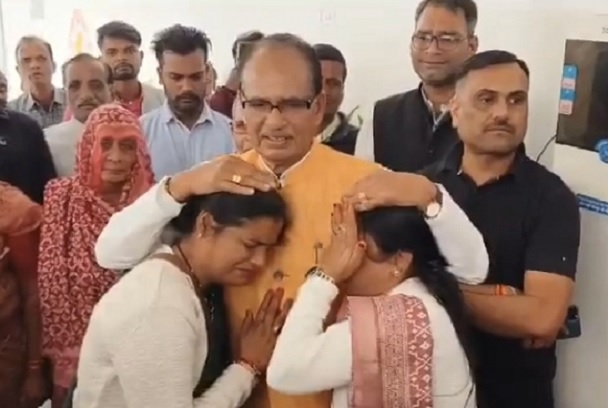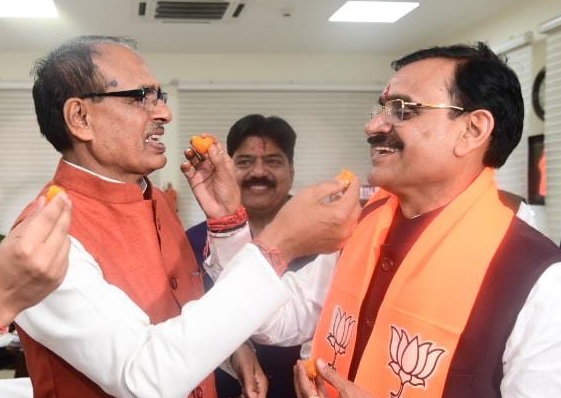Tales of Traitors: Book sheds light on traitors who played most damaging role in Indian history

Shams Ur Rehman Alavi
NewsBits.in
Traitors had played a crucial role for imperialists in taking over India.
In fact, the East India company couldn't have expanded its rule in the country, had the locals who were on influential positions not switched their loyalties.
This aspect was witnessed in almost all the regions of the country. As a result, foreigners gained foothold in the country and later on became masters of this land.
It's an important part of Indian history, which often gets a passing mention. However, Dr M Shahid Siddiqui has painstakingly shed light on this aspect--treachery, impact and ramifications. Further, he has researched the role of traitors across India.
From 1757 to 1857, the crucial period when states fell one after the other, it was more due to locals who back-stabbed their own armies and native rulers. While Mir Jafar is notorious among others, the tragedy was that this was not limited to just one or two provinces.
Dr Siddiqui's book tells how many of these traitors were already rich and had clout. But, the greed for more moolah and influence, the surprising ease with which the imperialists could buy these locals, is a sad aspect of our history. The book that runs into 330-odd pages, covers almost all the regions.
For example, regarding Nagpur it tells how there was unrest in Kamptee cantonment and the city. Nearly 400 Muslim soldiers had gathered on June 13, 1857 and rebel sepoys in barracks were also ready to step out for attack on Residency However, there was betrayal.
The British officials got whiff of it, either ran away or sent their families and took refuge in Sitabuldi fort. They managed to get British soldiers' contingent on the next day. When Major Arrow asked names of those involved, no soldier revealed it. However, those responsible for treachery led to arrest of Nawab Qadir Khan, Inayatullah Khan, Dildar Khan and Vilayat Khan.
They were later executed by hanging in the fort. Local Muslims were later oppressed, many were given penalised while Baka Bai, who had stopped Maratha soldiers from helping the rebels and threatened them, was given a pension of Rs 1.2 lakh for her services to British.
All India Urdu Taleem Ghar has published the book. There are separate chapters dealing with treachery with focus on Mysore, the fall of Delhi, Jhansi. Also, about the states that had rulers who played dubious games and willingly becoming puppets of the imperialists. He has cited sources, historical texts and records in his book.











